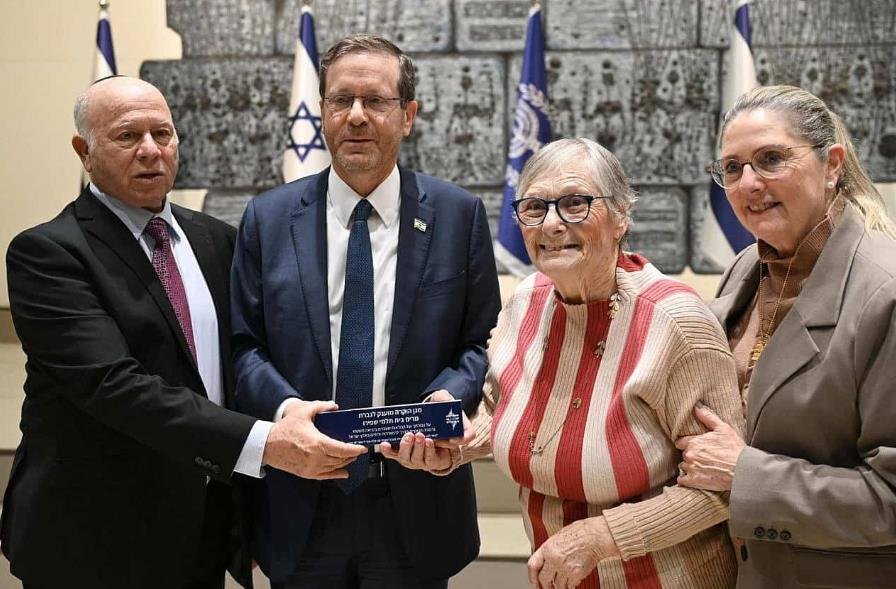Ruth Barnett was born in Berlin in 1935, to a Jewish father and a non-Jewish mother. She enjoyed a happy and carefree childhood, until the Nazis came to power and unleashed a wave of persecution and violence against the Jews. Ruth’s father was arrested and sent to a concentration camp, while her mother was forced to divorce him and give up custody of Ruth and her brother.
In 1939, Ruth and her brother were among the 10,000 Jewish children who were rescued from Nazi Germany and Austria by the Kindertransport, a humanitarian operation organized by British Jews and Quakers. They were taken to England, where they were fostered by different families and lost contact with each other and their parents.

A struggle to find a new identity and a new home
Ruth faced many challenges and difficulties in her new country. She had to adapt to a different culture, language, and religion, as well as cope with the trauma and loss of her family and heritage. She was also subjected to suspicion and disbelief by some people who did not understand or accept her story.
She tried to find out what happened to her parents, but the information was scarce and unreliable. She learned that her father had died in Auschwitz, but she never found out the fate of her mother. She also searched for her brother, who had been adopted by a Jewish family and changed his name. After many years, she managed to reunite with him and reconnect with their Jewish roots.
Ruth pursued her education and became a teacher and a psychotherapist. She married and had three children, who grew up knowing about their mother’s past and their Jewish identity. She also became an activist and a speaker, raising awareness about the Holocaust and its lessons for humanity.
A dream fulfilled: Moving to Jerusalem
In 2023, at the age of 88, Ruth fulfilled a lifelong dream: she moved to Jerusalem, the capital of Israel and the spiritual home of the Jewish people. She joined her daughter and son-in-law, who had made aliyah (immigration to Israel) a few years earlier, and settled in a retirement home in the city.
Ruth said that she felt a strong connection to Jerusalem, where she could see the history and the diversity of the Jewish people. She also said that she felt a sense of peace and gratitude, after surviving the horrors of the Holocaust and living a full and meaningful life.
Ruth is one of the many Holocaust survivors who have rebuilt their lives after the war, and who have contributed to the society and the culture of their new countries. She is also one of the many who have chosen to move to Israel, where they can live in freedom and dignity as Jews.
Ruth’s story is a testament to the resilience and the courage of the human spirit, and a reminder of the importance of remembering and learning from the past.
